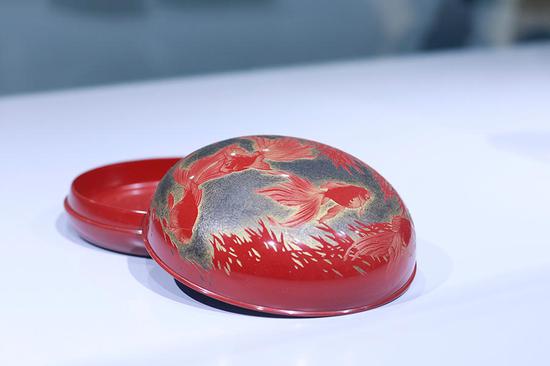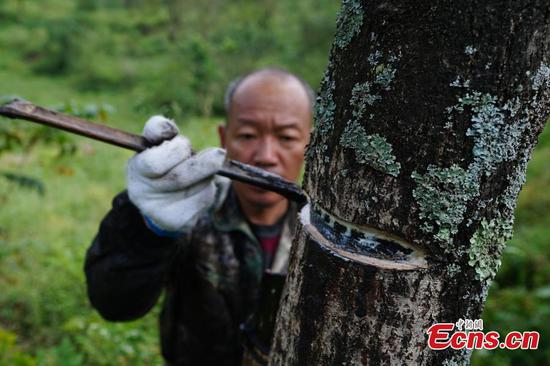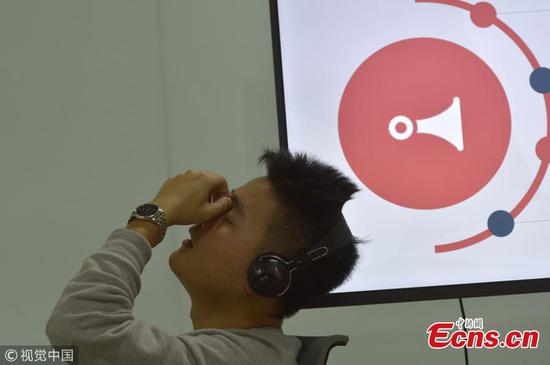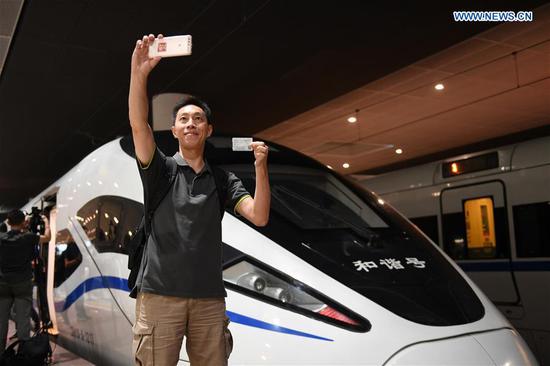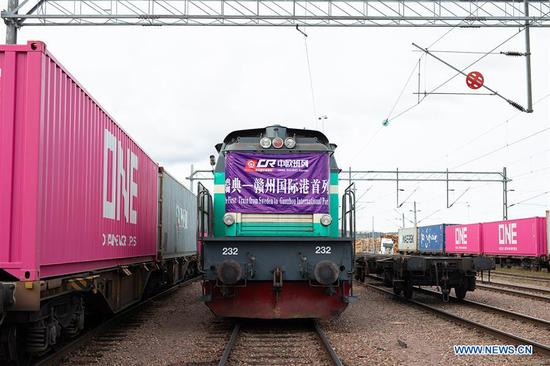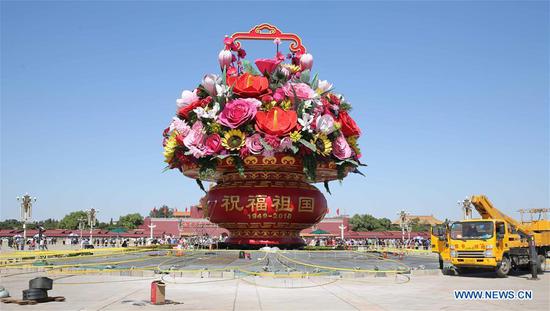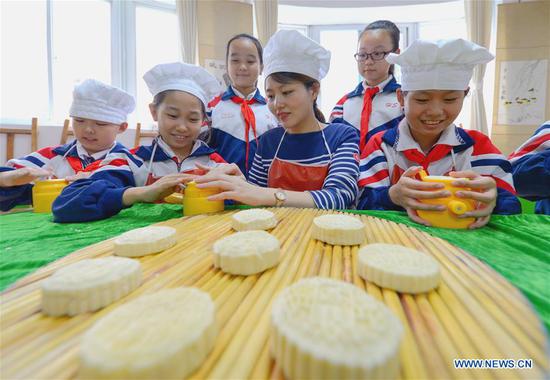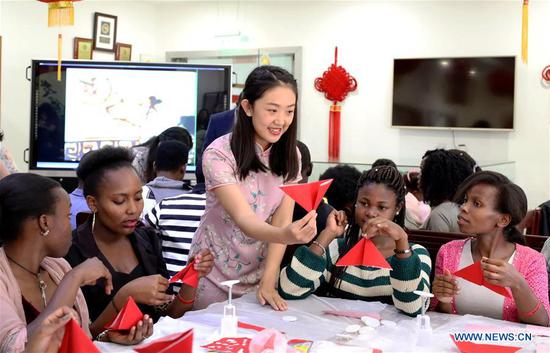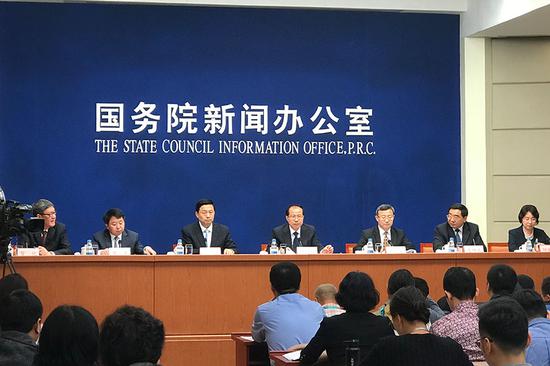
The State Council Information Office of China holds a press conference to discuss a white paper about facts and Beijing's perspectives regarding trade frictions with the US released on Monday. (Photo by Jing Shuiyu/chinadaily.com.cn)
Senior officials also dismiss allegations of IPR abuses
The United States has benefited greatly from Sino-U.S. trade despite its trade deficit with China, and accusations regarding China's alleged intellectual property theft and forced technology transfers are unfounded, senior Chinese officials said on Tuesday.
The officials, from five central departments, also said that the bilateral trade conflict is set to have an impact on the Chinese economy, but risks are generally under control.
They made the comments in Beijing during a news conference introducing a white paper titled The Facts and China's Position on China-U.S. Trade Friction, published on Monday.
At the news conference, Fu Ziying, international trade representative and vice-minister of commerce, said the U.S. has made way more gains than China from bilateral trade.
Nearly 60 percent of China's nominal trade surplus with the U.S. comes from U.S. enterprises operating in China, while China recorded a service trade deficit of $54.1 billion with the U.S. last year, according to the white paper.
If those factors are taken into account, the U.S. has actually gained more than China from Sino-U.S. trade, the white paper said, citing research by Deutsche Bank.
"China runs a surplus in trade with the U.S., while the U.S. enjoys a surplus of benefits," Fu said.
Erin Ennis, senior vice-president of the U.S.-China Business Council, said: "Issues in the bilateral relationship are difficult ones, but they are solvable. Solutions will require detailed negotiations to address the problems — but it will be worth the time and effort for both economies, and for both U.S. and Chinese companies."
China's protection of intellectual property rights has been effective, said He Hua, deputy director of the National Intellectual Property Administration, adding that the U.S. allegations of ineffective IPR protection are groundless.
China ranked 17th in terms of "most innovative economies" in the annual Global Innovation Index released in July by the World Intellectual Property Organization and Cornell University in the U.S., the deputy director said.
In 2017, China moved up to second place in terms of international patent applications, with around 51,000 applications submitted, according to He.
He also said a survey conducted by an independent domestic organization last year showed that the score measuring the level of satisfaction among wholly foreign-owned companies regarding China's protection and enforcement of IPR was 76.94, higher than that for all types of enterprises.
The ratio of foreign enterprises winning IPR lawsuits in China is more than 80 percent, making the country a favorite venue for multinationals to launch IPR suits, he said, citing an article published on the U.S.-based Diplomat website.
"Our progress in IPR protection is widely acknowledged," he said.
Vice-Minister of Commerce Wang Shouwen said technology transfers between companies is voluntary and based on unforced business agreements.
"No Chinese laws or policies force transfer of technology by foreign enterprises," he said.
Wang said technology transfers are the result of normal business negotiations between foreign and Chinese enterprises.
"Foreign enterprises want a good price (through technology transfers) in forming joint-venture enterprises with their Chinese partners. It's voluntary."
Officials admitted that the ongoing trade disputes will have an impact on the economy.
But Lian Weiliang, vice-minister of the National Development and Reform Commission, said, "China is fully capable of hedging the impact by expanding domestic demand and promoting high-quality development."
Wang Yi, state councilor and foreign minister, said on Tuesday while meeting with leaders of the National Committee on U.S.-China Relations and the U.S.-China Business Council in New York that China is committed to further opening its economy and resolving bilateral differences through consultations among equals.
He said some irresponsible forces in the U.S. have made unfounded accusations against China to undermine Sino-U.S. trade and economic relations, which is harmful since the two countries have both benefited greatly from such relations.













